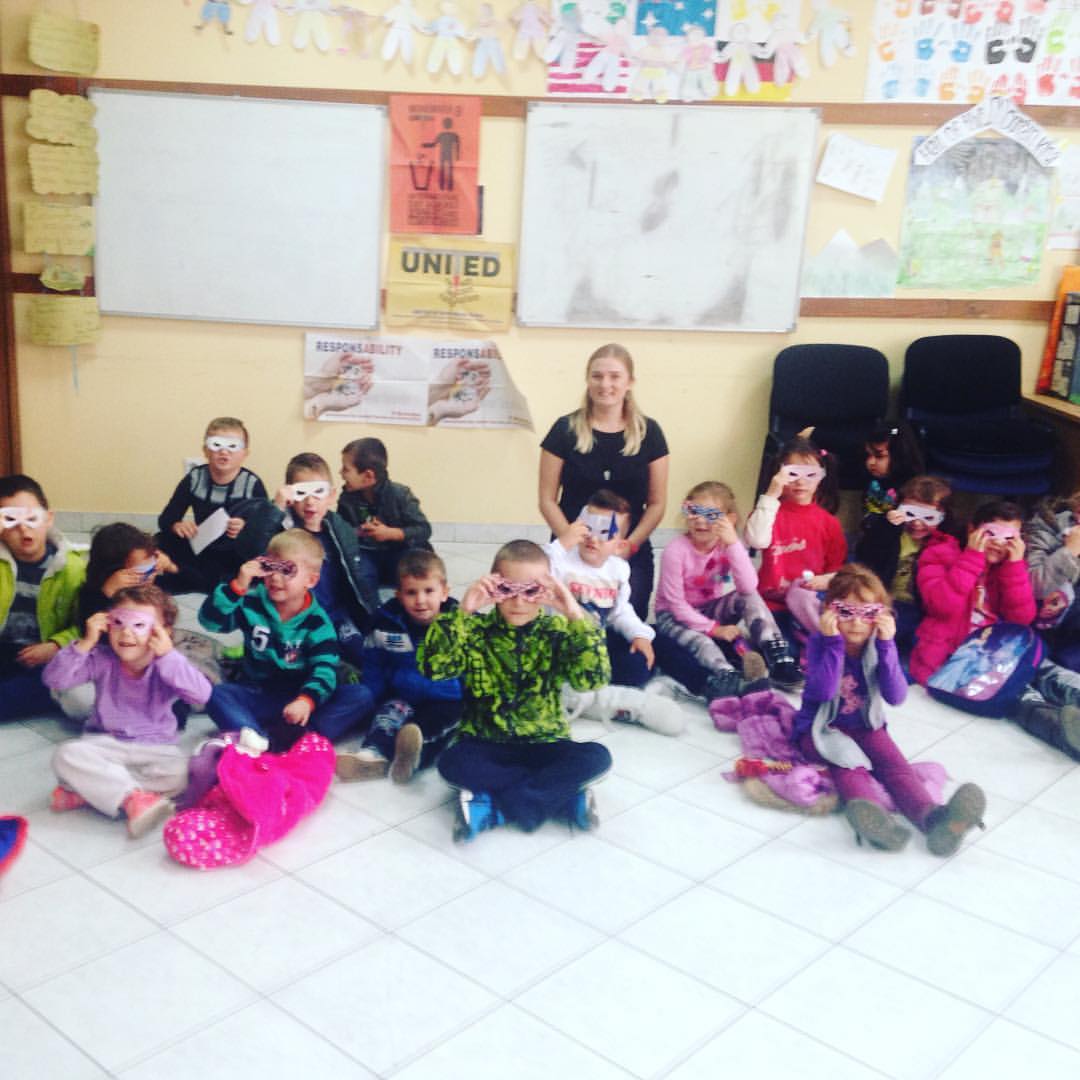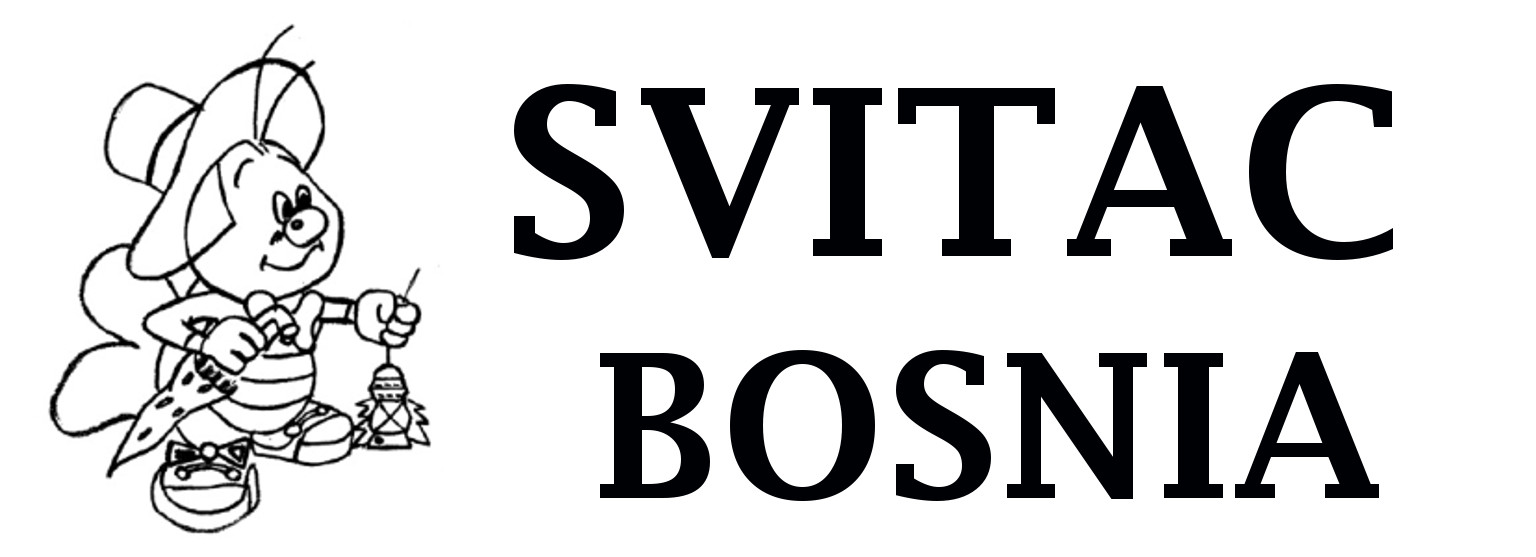
Anti-Fascism Day 2016
This year we celebrated anti-fascism day through three workshops, ages 3-7, 8-15 and 16+.
With the 3-7 group we used storytelling as a method of communicating the topic of anti-fascism. I as a Svitac volunteer and the coordinator of anti-fascism day, wrote a short story that was set in a playground, and addressed the various power dynamics of dictators, those who follow them and those who stand up against them. Other volunteers did drawings and sketches of the scenes in the story which was all based on superheroes, and we showed the pictures on the projector throughout. Following the story we discussed different characters, what they did that was wrong, and why it’s good to stand up against things that are wrong – that is what makes us true superheroes! After the story, we all made our own superhero masks to remind ourselves that we are all human rights superheroes. Through this use of the arts; storytelling, pictures and creating, we communicated the message of anti-fascism to this young group.
With the 8-15 age group we started the workshop by discussing briefly what they knew about fascism, and particularly WW2. Once we established a basic understanding of how the Nazi regime in Germany controlled people and restricted their human rights, we watched the trailor to the film ‘Alone in Berlin.’ This film is based on the novel by Hans Fallada about a German couple living in Berlin and protesting against Hitler and his regime through writing postcards with anti-Nazi sentiments and placing them around the city, and encouraging other people to find ways to speak out against him in secret ways to not risk their lives. Following the trailer we all made our own postcards that celebrated our own freedom of speech and emphasise that noone should ever take this away from us, or make us fear for our safety because of it.
With the 16+ group, we held an evening discussion event on the theme of anti-fascism in our modern day societies. The discussion involved a general discussion of the term fascism, its characteristics and how we can see modern examples of it. Following this discussion, we went on to watch a video on ‘social influence theory’ which explains certain psychological behaviour patterns in human beings such as our desire to follow the crowd and follow authority etc. We then discussed how these psychological tendencies have led to horrific events in the past as people who have committed horrible war crimes has said ‘they we just following orders’ The discussion ended with talking about being self-aware in our own behaviour, identifying our responsibilities as individuals to challenge modern day fascism and to pass this on to those around us.
All in all it was a hugely creative day, that seemed to be enjoyed by all, and everyone left with a better understanding of fascism and how to challenge it.
Total participants: 38
Monica Reeves, Svitac EVS volunteer














